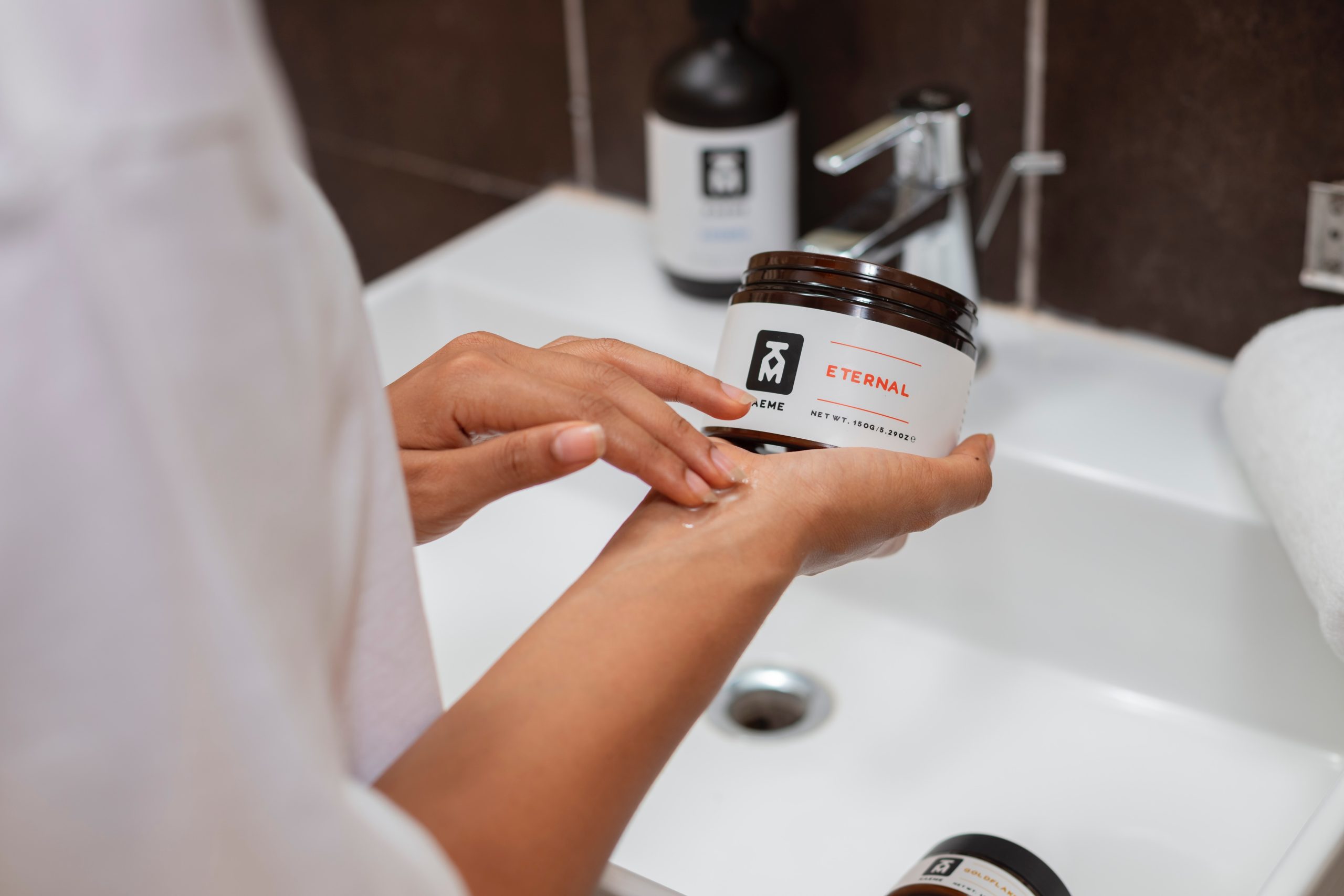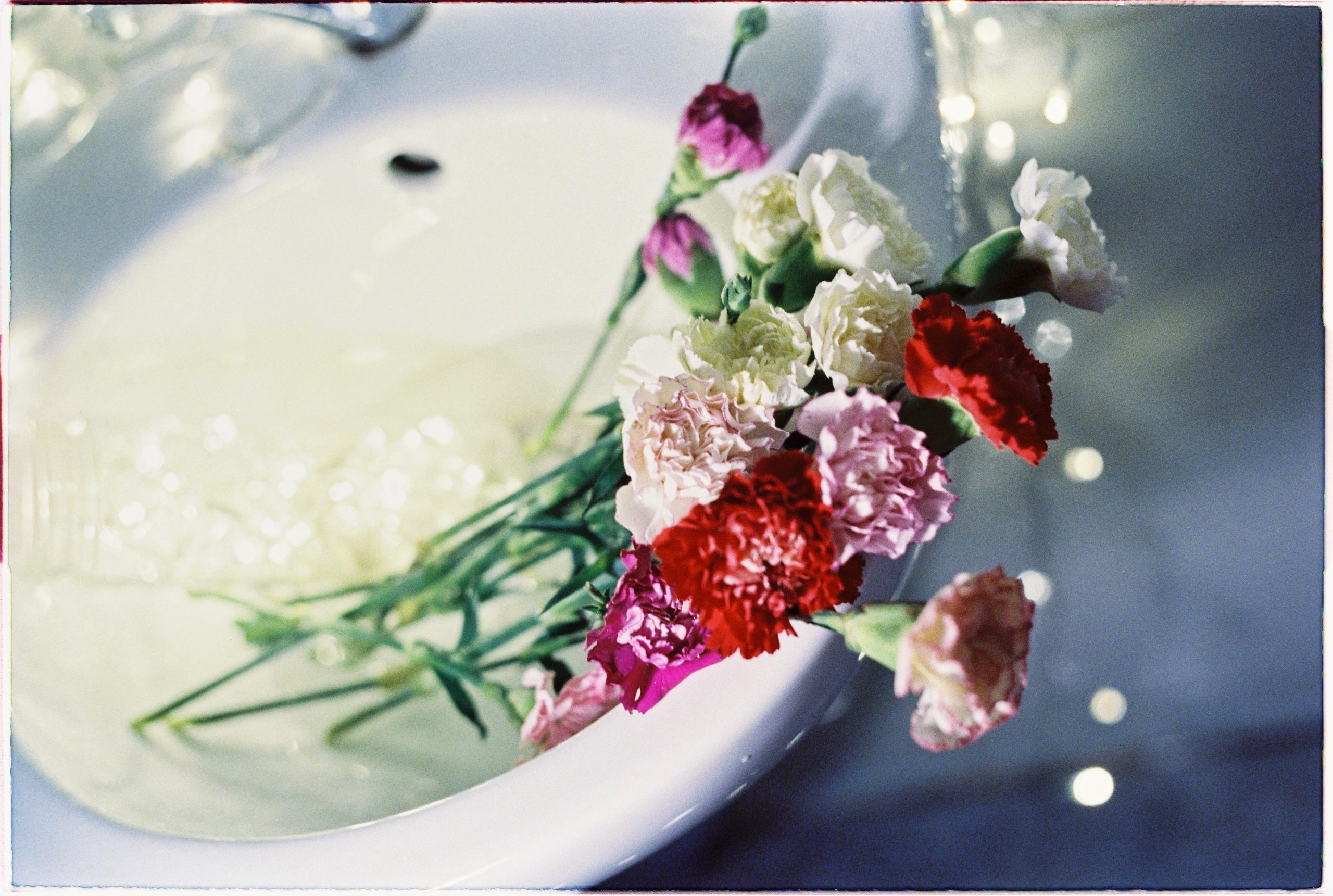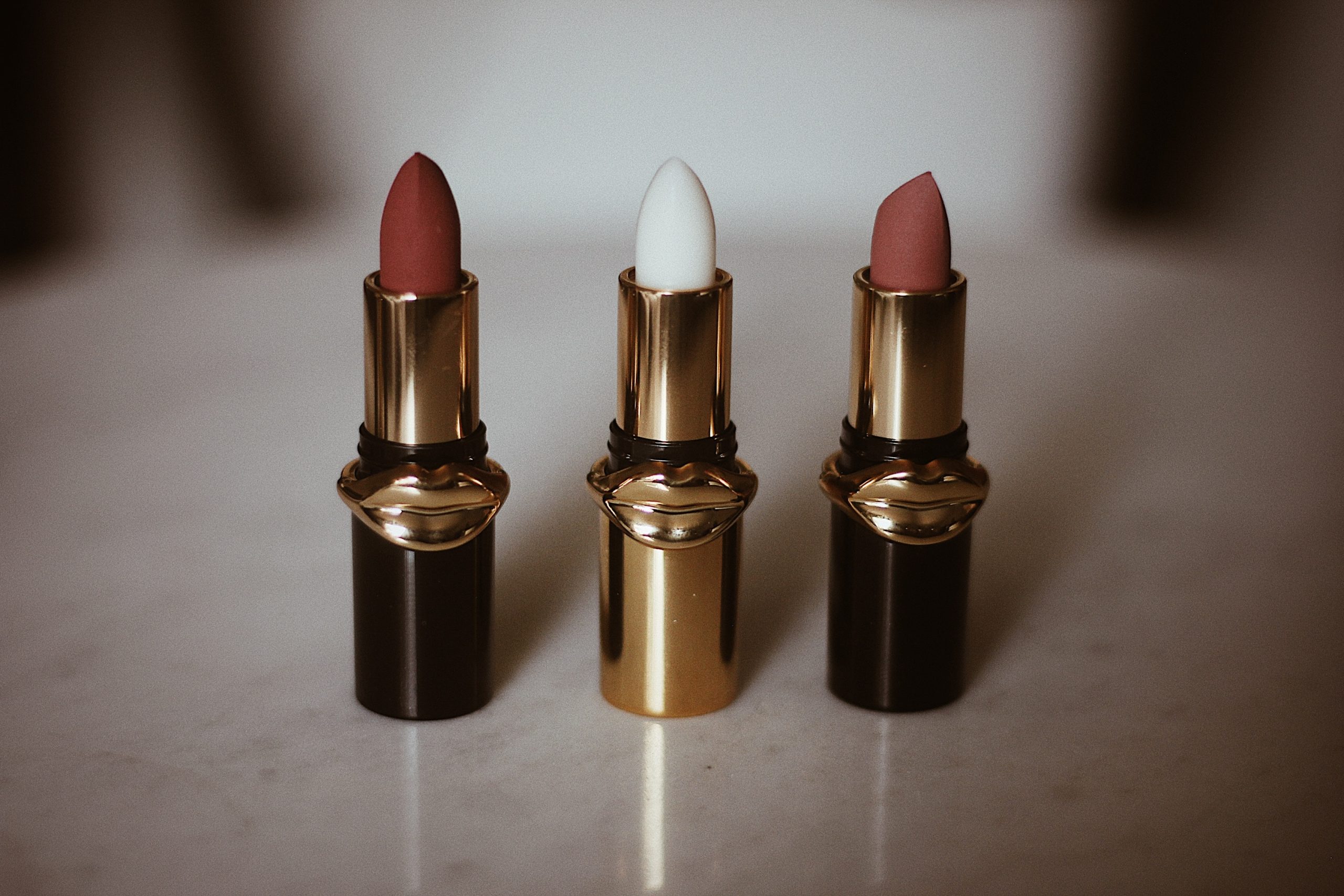Does eczema drive you crazy? Do you want concrete information on the best ways to treat your symptoms so you can go back to your carefree life? If the answer was yes, the following article contains all you have been looking for.
Understand what makes your eczema act up. It could be that there is a certain type of soap that gets you every time, for example. In most cases, you do not want to use anything that has a scent attached to it. That means it may be necessary to avoid perfume, some body lotions and even certain types of make-up.
Resist the urge to scratch. Scratching will only intensify that itchy feeling. It can also cause harm to your skin, including infection. Find other ways to relieve that itch. Use moisturizers, medications, cold compresses, and long soaks in the tub instead. These methods relieve your itch and make you feel better.
Discuss medications with your doctor. If an over-the-counter medication doesn’t do the trick, a prescription one might. Use store-bought and prescription medication as directed. Straying from the instructions could cause more harm than good. At the very least, it will be ineffective, resulting in a waste of both effort and money.
When picking moisturizers, consider using ointments. This will be better for the surface of your skin. Creams and lotions don’t do this. An ointment is therefore a better choice when your skin has cracked because of your eczema.
A warm bath can help take some of the itch out of eczema. Make sure, however, that the water is neither very hot nor very cold. Try putting oatmeal or baking soda in your bath for soothing affects. One other thing you can do is add half a cup of some bleach to a 40 gallon bath to get bacteria off of your skin.
Keep your hands protected. These eczema-prone areas are exposed to water and irritating substances like cleaning products. Too much moisture or sweat can trigger symptoms. When you need to submerge them in water, try using rubber gloves. Wearing cotton gloves can also keep hands protected when doing work around the house. Try wearing cotton or leather gloves when doing outside work.
In areas which have cold weather during the winter, those who have eczema need to take special care to prevent flare-ups. When dressing for cold temperatures, it is important to dress in a way which does not promote overheating and sweating since both of these trigger the itching and scratching cycle. If one dresses in layers, the removal of extra garments can prevent overheating.
Speak with your doctor about your eczema if changing your lifestyle isn’t enough. They may be able to help you find a medication that helps ease the symptoms. These medications can be over-the-counter antihistamines or creams. More serious cases may require a prescription medication. Make sure that whatever they suggest or give you is used as directed.
People that have eczema are prone to skin infections. When the skin is irritated, sometimes its surface cracks and gaps are formed. Germs can envade the skin through these gaps and cause an infection. To reduce this risk, use a mild, non-drying cleanser on your skin to remove dirt, bacteria, and other foreign matter. Gently apply the cleanser with your fingertips and rinse it off with tepid water.
Should your eczema start to bother you, do not itch, no matter how tempted you are to do so. Scratching not only makes itching worse, but it can actually irritate your skin and even cause infection. Try to find other ways to deal with the itching; apply cold compresses to the affected area or use medications.
Here is one deep treatment for the red, dry, itchy skin caused by eczema. When preparing for bed wash your hands with a mild soap, rinse with warm water and gently pat them dry. Slather on a thick layer of petroleum jelly all over your hands. Pull on some thin cotton gloves and hit the sack. The next morning your hands will be smoother and less itchy.
Take care not to scratch. If you tend to scratch in your sleep, be sure the itchy areas are covered by gauze, bandages or pajamas. Trim your fingernails very short so that you will not be able to scratch much while sleeping. Use cold compresses and/or anti-itch treatments right before bed.
If you have eczema occasionally, an outbreak may be related to other things that cause allergies. Avoid using strong household chemicals as much as possible, as well as perfumed laundry products. Take care to notice if any type of pattern develops that may associate an outbreak with any of these products.
When you bathe or shower, be sure to avoid extremes. Water that is too hot or too cold will irritate your skin. Hot water tends to leach all the moisture out of skin and may make your symptoms worse. Set the heat of your water at a comfortable, soothing level to avoid drying out your skin.
Seams and tags are the enemy! Clothing that scratches your skin can make eczema worse. Cut the tags off of any clothing or just buy clothes that don’t have any tags. Look for seams that could rub against the skin and become uncomfortable. If they are located in your undergarments, try turning them inside out.
If eczema is driving you crazy, you need relief now. Now you should feel comfortable attacking eczema with full force. Maintain a copy of these tips to use to help find relief.




